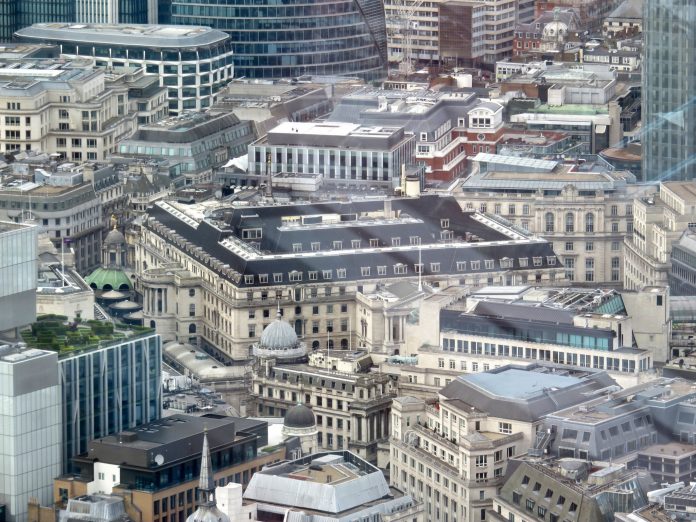The global financial crisis 10 years ago was bad for Britain. But Brexit could be worse if the country leaves the European Union in a worst-case scenario, warned the Bank of England on November 28.
Hours after the government issued its own stark warning about a no-deal Brexit, the bank said the economy could shrink by as much as 8% in about a year.
As reported by the Reuters news agency, the bank’s warning could add to pressure on lawmakers to drop their opposition to the Brexit agreement that Prime Minister Theresa May struck with other EU leaders on Sunday, which is far from certain to be approved in parliament on December 11.
However, supporters of a more definitive break with Brussels quickly dismissed the warning as scaremongering, while advocates of closer ties said the forecasts demonstrated that promises of greater prosperity outside the EU had been a lie.
Andrew Sentance, a former BoE interest rate setter, challenged the BoE over its worst-case scenario.
“Does anyone really believe any of this as a real-world scenario?” he was quoted as saying by Reuters. “The Bank of England is undermining its credibility and independence by giving such prominence to these extreme scenarios and forecasts.”
In response to the criticism, Governor of the Bank of England Mark Joseph Carney denied the charge of scaremongering.
“Parliament has demanded this analysis,” he said. “It’s not supposed to make people scared, it’s supposed to provide reassurance that, even if this happened, which is not likely, the system is more than ready for it.”
According to Reuters, the Bank of England said the “disorderly” scenario — involving severe delays at UK borders and financial markets’ loss of confidence in British institutions — was not its base case.
But if it were to happen, there would be a 25% tumble in the value of sterling — taking it close to parity against the dollar — a spike in inflation to 6.5% from around 2.4% now, and a jump in interest rates. House prices would fall by 3%.
However, as regards interest rates, these are expected to rise in all scenarios assumed. In the worst-case Brexit, rates could rise to 5.5% — a level last seen in 2007, before the financial crisis — from the current base rate of 0.75%.

